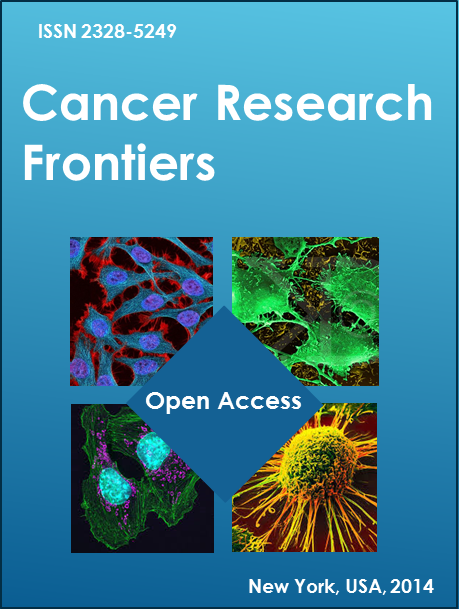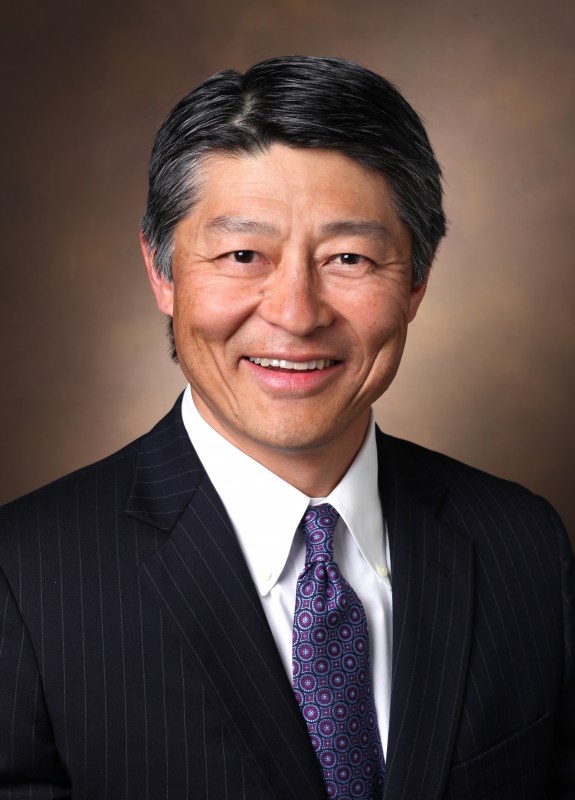We follow the Recommendations for the Conduct, Reporting, Editing and Publication of Scholarly Work in Medical Journals (ICMJE Recommendations).
All scientific publishers have a responsibility to reinforce and strengthen pre-publication review. The most basic obligation of a scientific journal is to perform peer review, so we insist on rigorous peer review. We strive to improve the efficiency of peer review and continue to perform checks that uncover conflicts of interest, identify financial disclosures, confirm author affiliations, and ensure compliance with international standards of animal and human testing.
Editorial Process. See details.
Editorial Policies
1. Publication Ethics
We vigorously investigate allegations of publication misconduct, both before and after publication. If we find conclusive evidence of misconduct, we will take steps to correct the scientific record, which may include issuing a correction or retraction, and we reserve the right to contact the authors’ institutions, funders, or regulatory bodies.
Authors are expected to be aware of, and comply with, best practice in publication ethics, specifically with regard to authorship, dual submission, plagiarism, figure manipulation, competing interests, and compliance with standards of research ethics.
(1) Plagiarism
Cancer Research Frontiers has a strict policy against plagiarism. We define plagiarism as direct copying text from other sources or the use of extracts from another person’s work without quotation marks, without permission of that person, or without acknowledging that person.
Please refer to the COPE website for the detailed workflows for handling allegations of plagiarism or redundant publication.
(2) Image Manipulation
Submitted image files should not be manipulated or adjusted in any way that could lead to misinterpretation of the information present in the original image. For graphic material, we have adopted the policy of The Journal of Cell Biology:
“No specific feature within an image may be enhanced, obscured, moved, removed, or introduced. The groupings of images from different parts of the same gel, or from different gels, fields or exposures must be made explicit by the arrangement of the figure (e.g., using dividing lines) and in the text of the figure legend. Adjustments of brightness, contrast, or color balance are acceptable if they are applied to every pixel in the image and as long as they do not obscure, eliminate, or misrepresent any information present in the original, including the background. Nonlinear adjustments (e.g., changes to gamma settings) must be disclosed in the figure legend.”
If image manipulation is identified, we reserve the right to ask for the original data, to decline the manuscript, to issue a correction, or to retract the paper. We may ask the authors’ institutions for further misconduct investigation.
More extensive resources are available from COPE and World Association of Medical Editors (WAME). Any concerns about the above should be addressed to the editorial office at
(3) Consent from patients:
Do not use patients’ names, initials, or hospital numbers, especially in illustrative material. Identifying information should not be published in written descriptions, photographs, or pedigrees unless the information is essential for scientific purposes and the patient (or parent or guardian) gives written informed consent for publication. Informed consent for this purpose requires that the patient be shown the manuscript to be published.
(4) Clinical trial
To comply with Food and Drug Administration Amendments Act (FDAAA) legislation, Cancer Research Frontiers requires trial registration as a condition of publication for all studies involving clinical trials. Trial registration numbers should be included in the abstract, with full details provided in the methods section.
(5) Ethics statement
Manuscripts should include a statement that the study was approved by an Investigational Review Board (Human Studies Committee or Ethics Committee or Animal Care and Use Committee), if applicable. Authors who do not have formal ethics review committees should include a statement that their study followed the principles stated in the Declaration of Helsinki. When a product has not yet been approved by an appropriate regulatory body for the use described in the manuscript, the author must specify that the product is not approved for the use under discussion or that the product is still under investigation.
(6) Authorship criteria
Adapted from the recommendation of the International Committee of Medical Journal Editors (ICMJE), authorship credit should be based on the following:
- substantial contributions to conception and design, acquisition of data, or analysis and interpretation of data;
- drafting the article or revising it critically for important intellectual content;
- final approval of the version to be published;
- agreement to be accountable for all aspects of the work in ensuring that questions related to the accuracy or integrity of any part of the work are appropriately investigated and resolved.
Acquisition of funding, collection of data, or general supervision of the research group alone does not constitute authorship. All persons designated as authors should qualify for authorship, and all those who qualify should be listed. Each author should have participated sufficiently in the work to take public responsibility for appropriate portions of the content. In addition to being accountable for the parts of the work he or she has done, authors should have confidence in the integrity of the contributions of their co-authors. Those who contributed to the work but do not qualify for authorship should be listed in the acknowledgments.
Changes in Authorship
If any changes to the list of authors of a manuscript are necessary after the initial submission but before publication, the corresponding author must contact the journal staff at and provide a clear reason for the change.
2 Conflict of interest
Cancer Research Frontiers adheres to the Conflict of Interest policy recommended by the ICMJE. All individuals involved with a manuscript, including authors, academic editors, reviewers, and commenters must declare all potential competing interests. The intent of this policy is not to prevent authors with any particular relationship or interest from publishing their work, but rather to adopt transparency such that reviewers, editors, the publisher, and, most importantly, readers can make objective judgments about the results.
Cancer Research Frontiers defines a competing interest as anything that interferes with the complete and objective presentation, peer review, editorial decision-making, or publication of a manuscript. Competing interests can be financial, professional, or personal, and can arise in relation to an organization or an individual, such as consultancies, employment, paid expert testimony, honoraria, speakers bureaus, retainers, stock options or ownership, patents or patent applications or travel grants.
As a guide, any competing interest that arose within the five years either before or after the commencement of the research described, within five years of the article being written, or within five years of events described in the article should be declared. They will be listed at the end of published articles. Where an author gives no competing interests, it will read, “The author(s) declare that they have no competing interests”.
We may decide not to publish a paper if we believe that the competing interests declared by the authors have compromised the objectivity or validity of the research, analyses, or interpretations in the paper. If we find that authors have competing interests that were not declared upon submission, the manuscript may be rejected, be issued a formal correction, or retracted.
Please check here or see the editorial of PLOS for further clarification. Please contact the editorial office for any questions.
3. Sharing Materials and Data
Authors of papers published in Cancer Research Frontiers are obligated to honor any reasonable request by qualified investigators for unique propagative materials, such as cell lines, hybridomas, DNA clones and organisms that are described in the paper. The Editors may deny further publication rights in the journal to authors unwilling to abide by these principles.
4. Copyright and Licensing
(1) Open Access Agreement
Upon submitting an article, authors are asked to indicate their agreement to abide by an open access Creative Commons license (CC-BY). Under the terms of this license, authors retain ownership of the copyright of their articles. However, the license permits any user to download, print out, extract, reuse, archive, and distribute the article, so long as appropriate credit is given to the authors and the source of the work. The license ensures that the article will be available as widely as possible and that the article can be included in any scientific archive.
(2) Images and Figures
If authors must include previously published figures or images, they must obtain written permission from the copyright holder.
Authors must also take special care when submitting manuscripts that contain potentially identifying images of people. Identifying information should not be included in the manuscript unless the information is crucial and the individual has provided written consent.
5. Policies for Specific Research Areas
For Human Subject Research, Clinical Trials and Animal Research, check here.
6. Guideline for reviewers. See details.
7. Complaint policy
8. Handling cases requiring corrections, retractions, and editorial expressions of concern
9. Principles of Transparency and Best Practice








